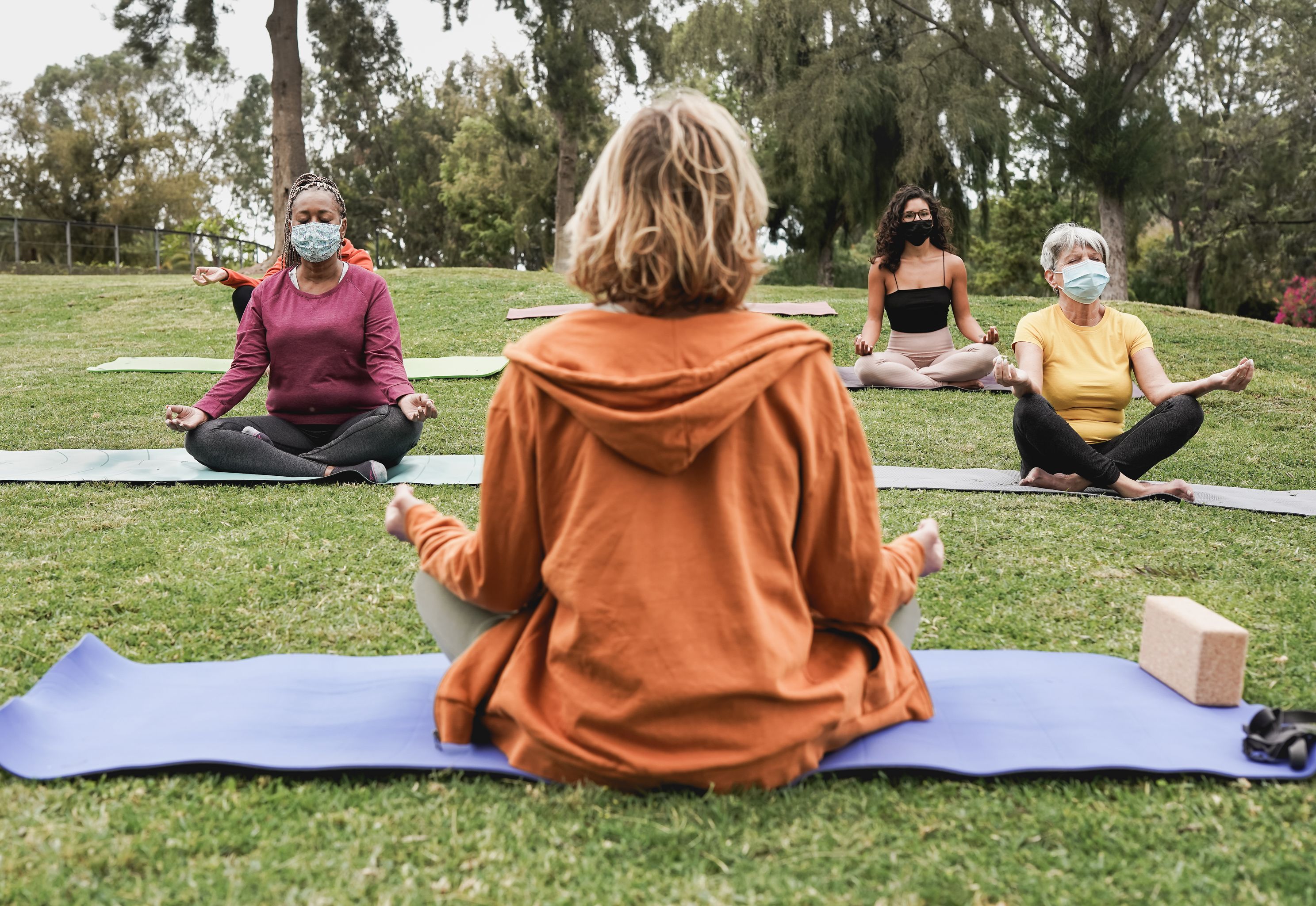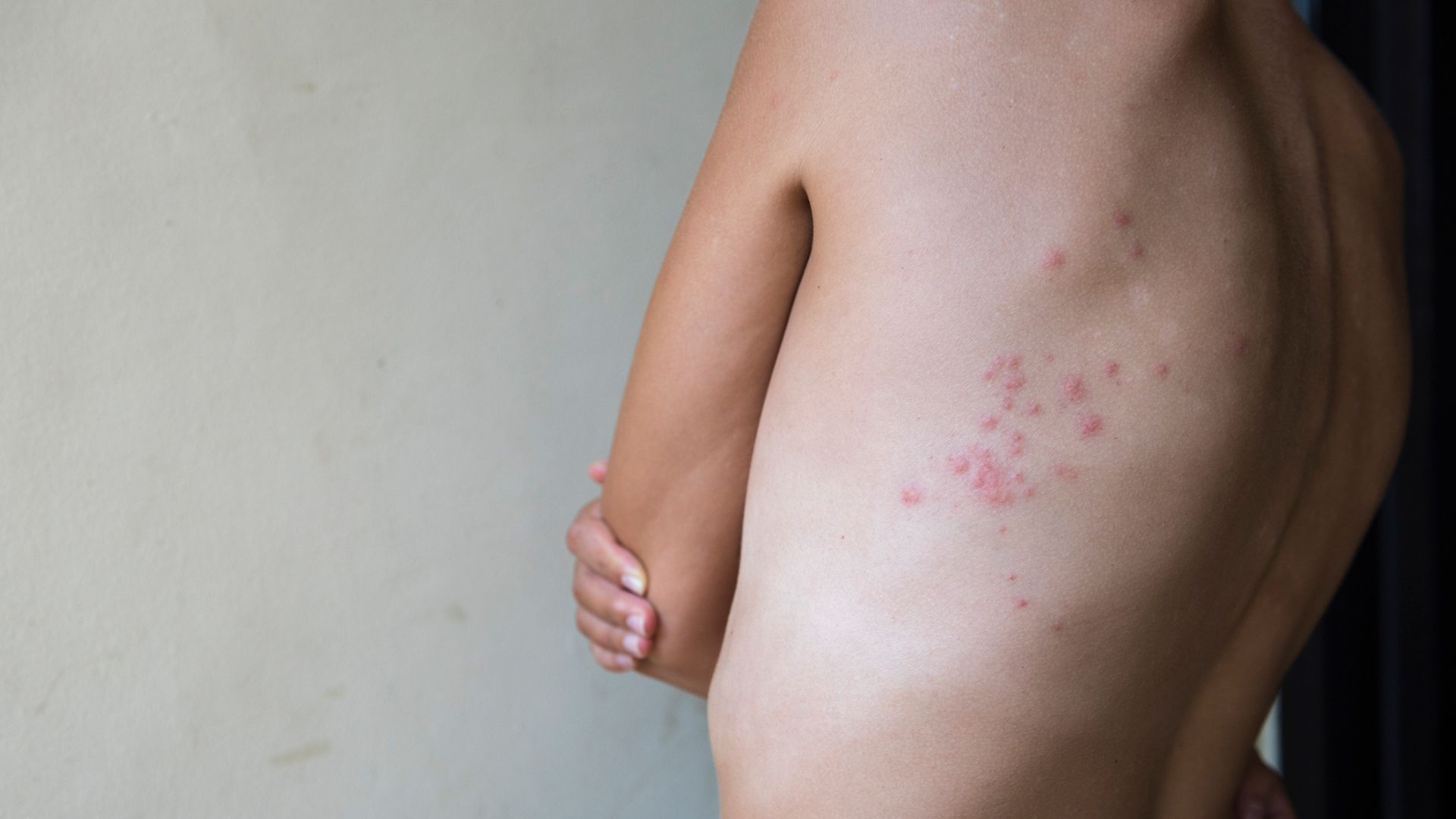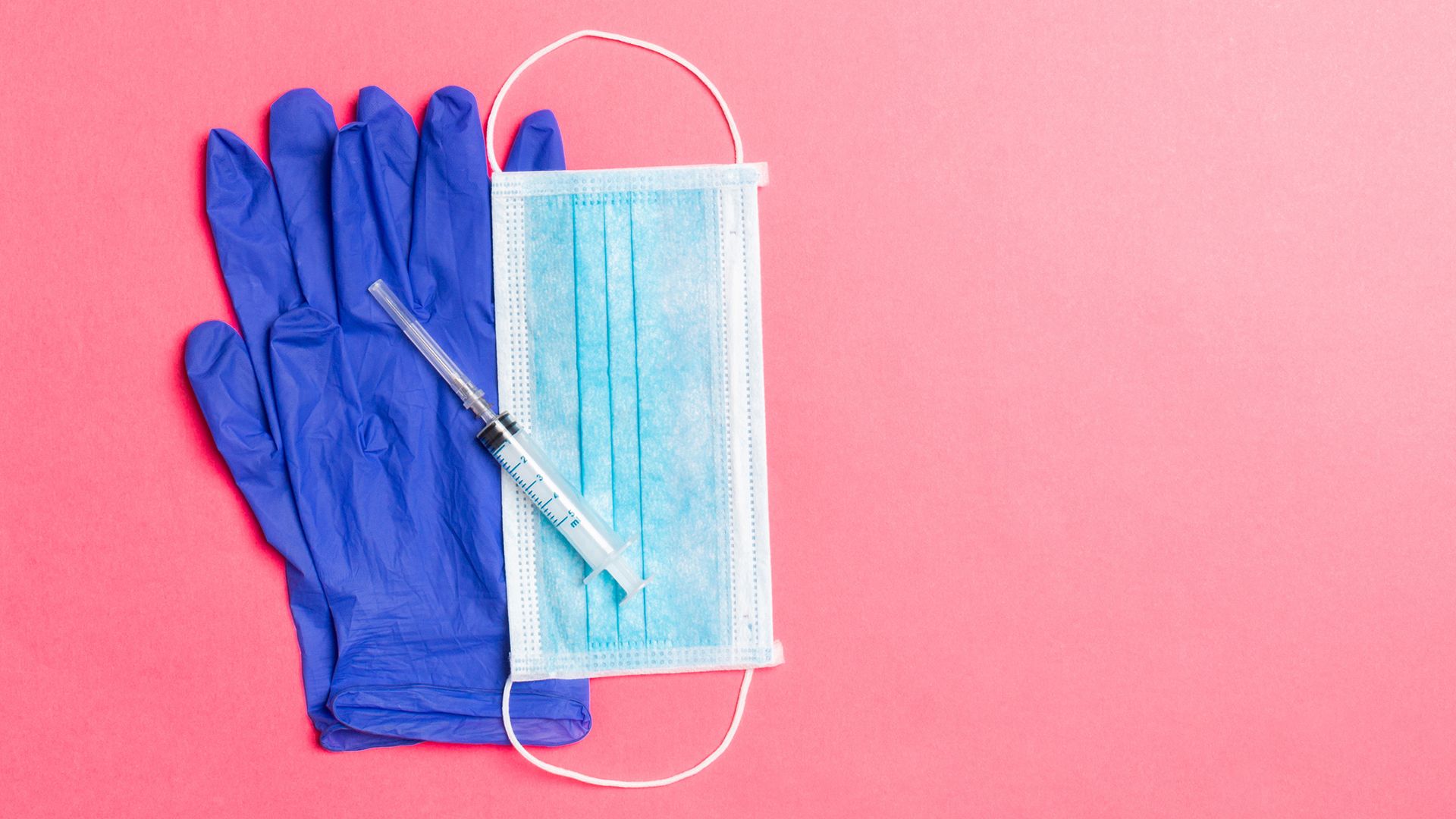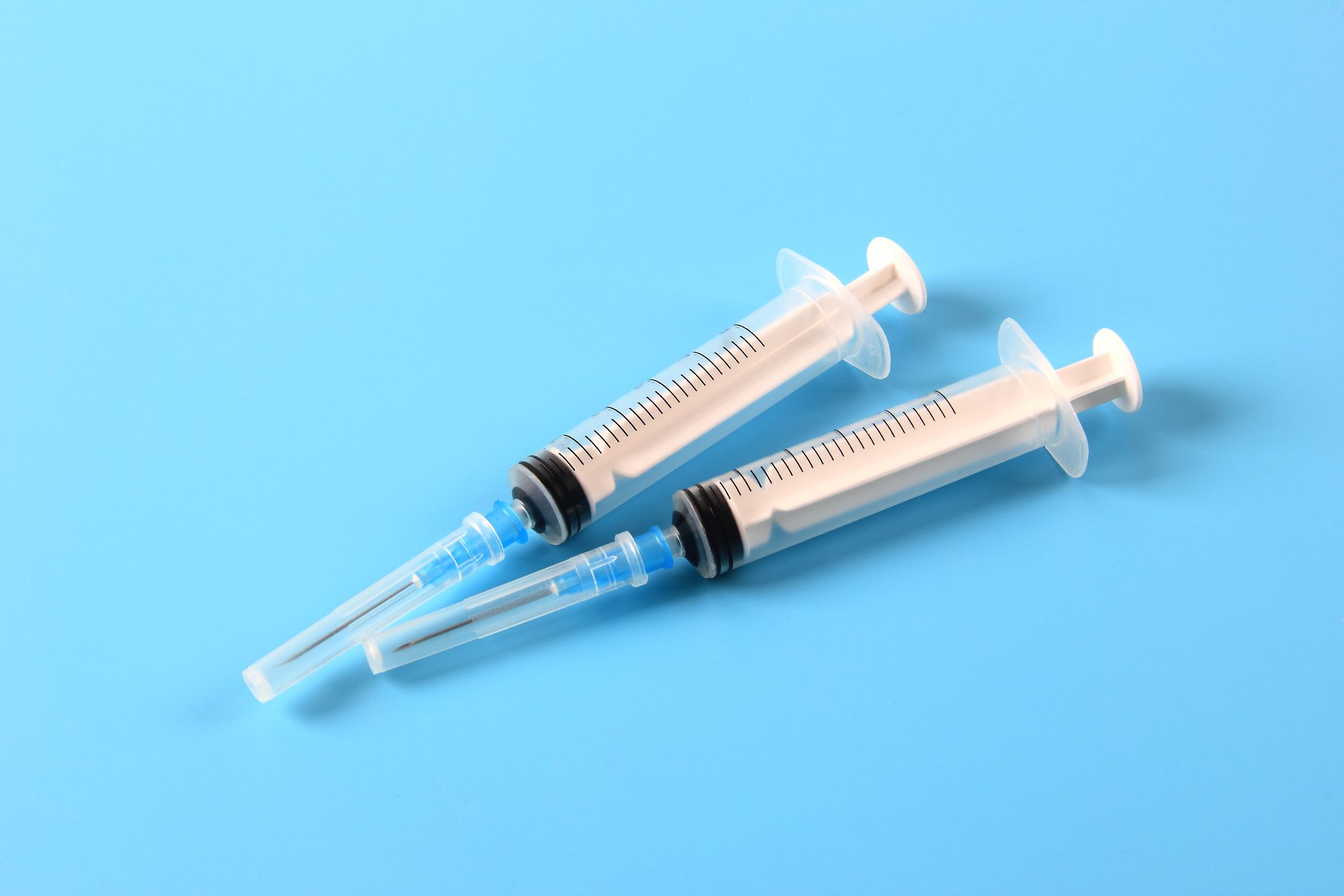Updated on October 22, 2024
In this video, Dr. Kevin Soden, MD, discusses the shingles vaccine, which is now available for most people who are 50 years of age or older. Learn how this vaccine can help prevent the painful, blistering shingles rash.
Medically reviewed in April 2020.

Transcript
I like to tell patients, I say, hey, look, you know, do you take care of your car? Do you get the oil changed? Do you do certain maintenance things and prevention things?
Yeah. I do. So, you know, at the same time, well, why wouldn't you do that with your body? Vaccinations are a prevention and prevents serious
complications, and a lot of pain, a lot of suffering, and prevent a lot of medical problems, and, potentially, even death with certain vaccinations.
Shingles is a viral infection caused by the same virus that causes chicken pox, the Varicella
Zoster virus. Over 99% of people in the United States have either had chicken pox as a child or received
the vaccine, which is a live attenuated virus. So they actually have the virus sitting in their system.
Later on in life as your immune system goes down, as we age, that virus can be reactivated.
One million cases of shingles occur every year in the United States. One in three people will probably
get shingles in their lifetime. You've got a little burning or tingling on your skin for a few days beforehand, all of a sudden it shows up as blisters.
And then they get scabbed over lesions that occur only on one side of the body. The most common area affected is your torso.
Secondly, you can get them on your face. And if it gets close to your eye, it can potentially be very, very dangerous and cause ulcers or scarring of your eye.
It is extremely painful when you get the shingles virus. And it can last for a few weeks.
It can last for months, sometimes even for years. Like with any virus, it can reoccur. Most people only get the shingles virus one time,
but it can happen as often as twice or three times. And so why put yourself through that when maybe a vaccine can
prevent this kind of thing? There is a new shingles vaccine, which just came out late in 2017.
And the benefit of that is that you can give it at a younger age. It's a two shot vaccine.
You have to give it now and then two to six months later, you have to get a second one. But it seems to be much more protective
than the previous vaccine, which was a single dose vaccine. The original vaccine, you couldn't give until age 60
because it tended to decrease over time and it wasn't as effective. Now, this one seems to be more effective
and covers 90% of people for at least four to five years, and maybe probably for their lifetime.
And you can give it as early as age 50. And that's the benefit for people.




